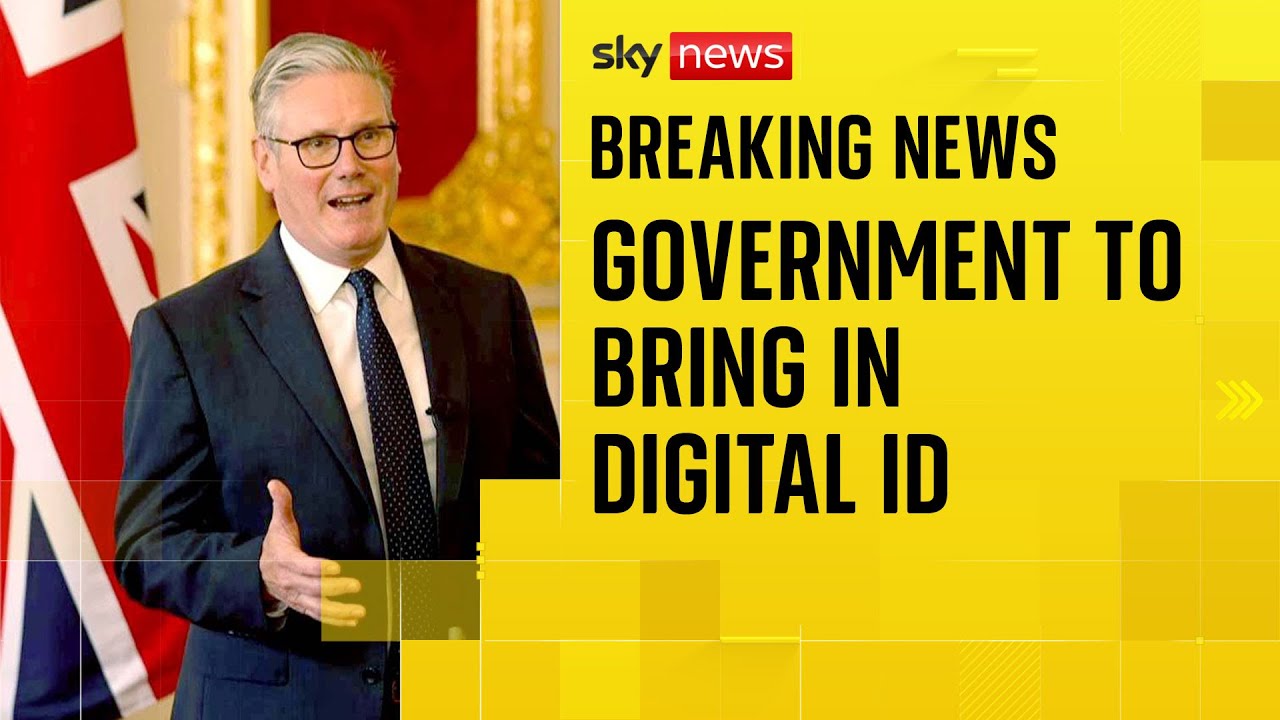The UK government has announced a plan to introduce a mandatory digital identity system called the “Brit Card,” which will require all British adults to obtain a secure digital ID. This initiative aims to modernize identity verification across the country, making it easier for citizens to prove who they are online and access a wide range of services more efficiently.
The Brit Card is designed to serve as a trusted digital passport, enabling individuals to confirm their identity quickly and securely when engaging with both public and private sector services. Whether applying for government benefits, accessing healthcare, or conducting financial transactions, the digital ID hopes to streamline processes that traditionally rely on physical documentation or multiple forms of verification. The government emphasizes that the Brit Card will enhance security, reduce fraud, and protect citizens’ personal data through advanced encryption and privacy safeguards.
Under this new system, every adult resident in the UK will be required to register for a Brit Card. The process to obtain the digital ID will involve biometric data verification, such as facial recognition or fingerprint scanning, combined with robust authentication measures to prevent misuse.
Critics of the plan have raised concerns about privacy, data security, and the potential for government overreach. Some worry that mandatory digital IDs could lead to increased surveillance or exclusion of individuals who lack access to technology. In response, officials have stressed that the Brit Card initiative will comply with strict data protection laws and that alternative arrangements will be made for those unable to use digital platforms.
The rollout of the Brit Card is part of the UK’s broader digital transformation agenda, aiming to create a more connected, efficient, and secure society. The government contends that a universal digital ID is essential in an increasingly digital world, ensuring that British citizens can interact safely and conveniently in both online and offline environments.

